
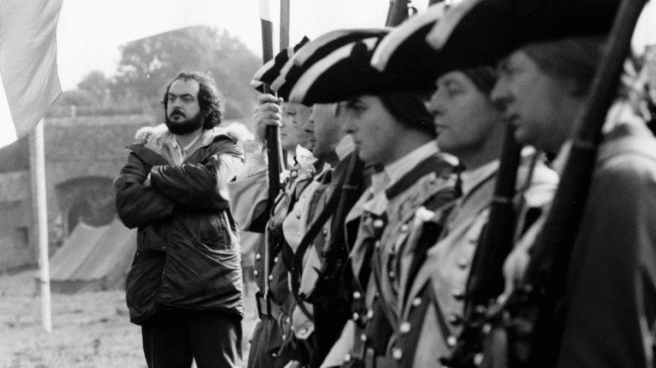
Stanley Kubrick during the filming of Barry Lyndon.
Unfulfilled projects, dreams to be realized, unfulfilled desires say as much about us as the legacy we leave behind. In the case of one of the most interesting historical figures in history, Napoleon BonaparteHis unfinished ambition was to bring the entire European continent under the authority of his throne. He was close to achieving this goal, but his dream drowned in Waterloo. Dream of Stanley Kubrickone of the most enigmatic directors in film history, was set to direct a film that would delve into the epic life of the French emperor, but like his protagonist, he also eventually caved in the face of his special Waterloo.
After the consecration 2001: A Space Odyssey (1968) As one of the directors called upon to renew the Seventh Art, Kubrick wanted to realize an idea that had been in his head since 1967: bringing Napoleon to the big screen. At that time, there was practically no one in the industry who could compete in creative and budgetary freedom; all of Hollywood was looking where Kubrick’s camera was looking.
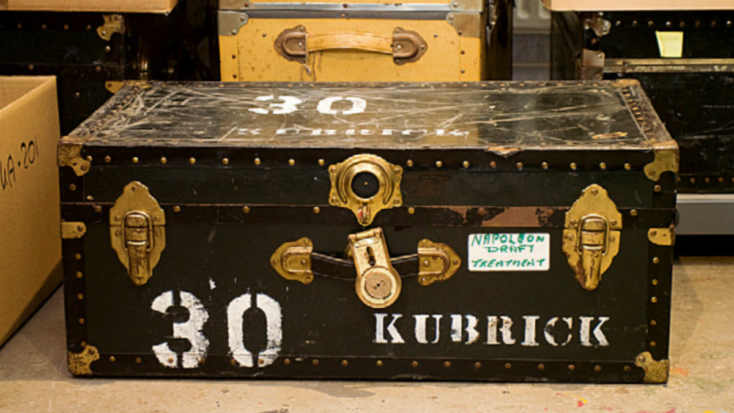
Napoleon and Kubrick are more than an obsession
The director’s interest in the famous French statesman became an obsession. He read all the English biographies he could find, contacted historians, and compiled a database of more than 30,000 illustrations and photographs of possible locations. He hired the world’s leading expert on military uniforms, John Mollo (winner of two Oscars for his work in star Wars And Gandhi) and designer David Walker make costumes. Overwhelmed by the almost endless bibliography, he eventually hired 20 Oxford students to read biographies of Napoleon and summarize them for him. A documentary work that left perhaps the most complete private archive about the French emperor. Director of photography John Alcott even said that Kubrick was able to know what Napoleon did every day of his life. This is how he tells it Alison Castle in the book Napoleon by Stanley Kubrick (Taschen), which houses an extensive and detailed compilation of the largest project ever undertaken by an American film director.
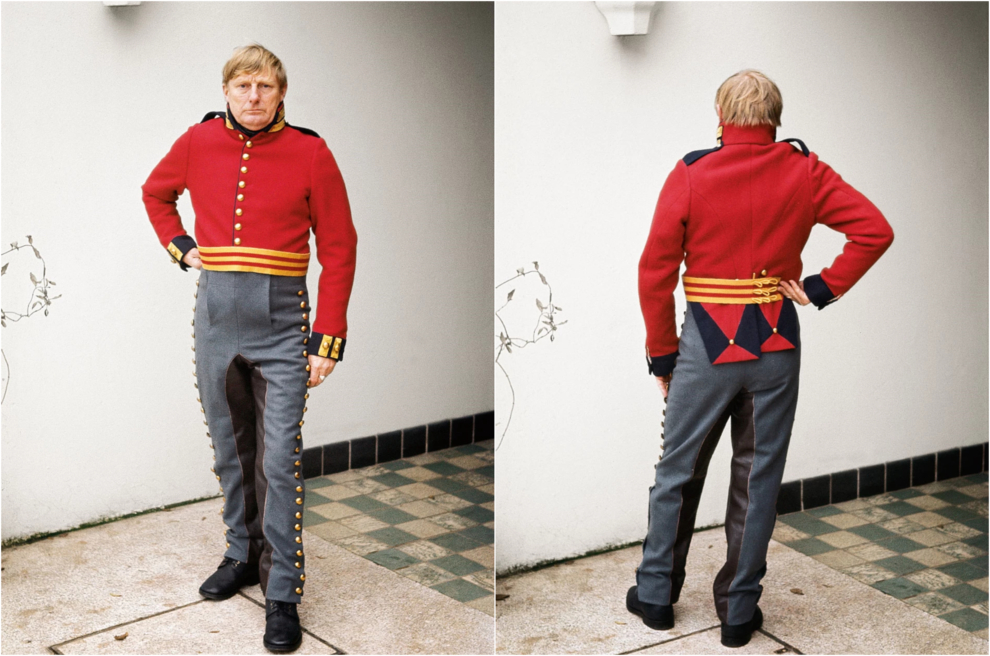
Power, personality, war, violence, ambition or love are just some of the themes discussed in Napoleon’s biography that seduced Kubrick’s work. Human nature, caught between emotions and reason, between good and evil, has always been an inexhaustible source of inspiration for the director.
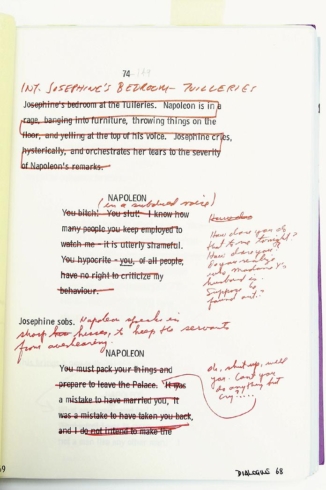
Kubrick already knew what it was like to make great epic productions, but he never felt like Spartacus as a completely own film, but rather as a commissioned work. For you Napoleon made a real revolution in the genre. From the very beginning, he did not need inexperienced extras, and before starting he had already agreed with the Romanian government to cooperate with 50,000 soldiers from its armed forces to film battles with the real army. In the interiors, I wanted the lighting to be as close to the period as possible, avoiding electric lighting and using the austerity of candles. To make this possible, NASA ordered special Zeiss lenses that were used by the Apollo astronauts during their journey to the Moon. Kubrick thought of Jack Nicholson as First of the French and in Audrey Hepburn as his wife Josephine.
Kubrick’s special “Waterloo”
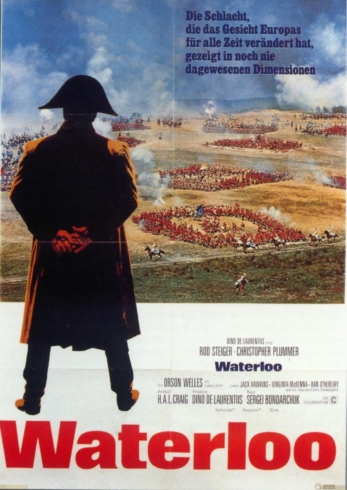
While the director continued to dream up and document the details of his great work, the industry was preparing what would ultimately spell his worst defeat. The premiere took place in 1970 WaterlooRussian director Sergei Bondarchuk and starring Rod Steigerleaving behind a poor collection that failed to recoup the investment. majors They took this as a bad omen for Kubrick’s project, and no one wanted to risk the exorbitant budget he requested for his film. The dream disappeared in 1971, and was never heard of again, no matter how much the director saved all the collected material.
Then they came A Clockwork Orange (1971) and Barry Lyndon (1975), where the author was able to recoup and finally film his military-historical drama, bringing to life many of the innovations he had conceived for his failed film. Kubrick’s Revenge won four Oscars for Best Art Direction, Best Cinematography, Best Costume Design and Best Music.
The legend is reborn thanks to Steven Spielberg and Ridley Scott
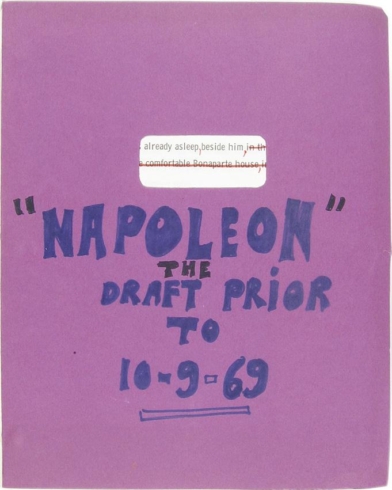
Now that it seems that with the film, the “Napoleon” theme is being brushed aside again. Ridley Scottwe must remember this Steven Spielberg He intended to fulfill the unsatisfied desire of his beloved Kubrick, as he had already done with Artificial Intelligence AI (2001). In fact, during his time at this year’s Berlin Film Festival, where he received an honorary award, Spielberg confirmed that work was already underway on a “major production” that would turn Kubrick’s Napoleon into a seven-part miniseries for HBO.
He had the script for this unpublished story for ten years, but now it seems that the presence of another Napoleon gave the project new impetus. What remains to be seen is how the success or failure of Ridley Scott’s version may affect, and whether, once again, a foreign Waterloo may influence the achievement of the unfinished dream of one of film’s greatest directors. And, if a miracle finally happens, perhaps we will be able to discover an unknown facet of the mysterious and brilliant creator that was Stanley Kubrick.
Source: El Independiente